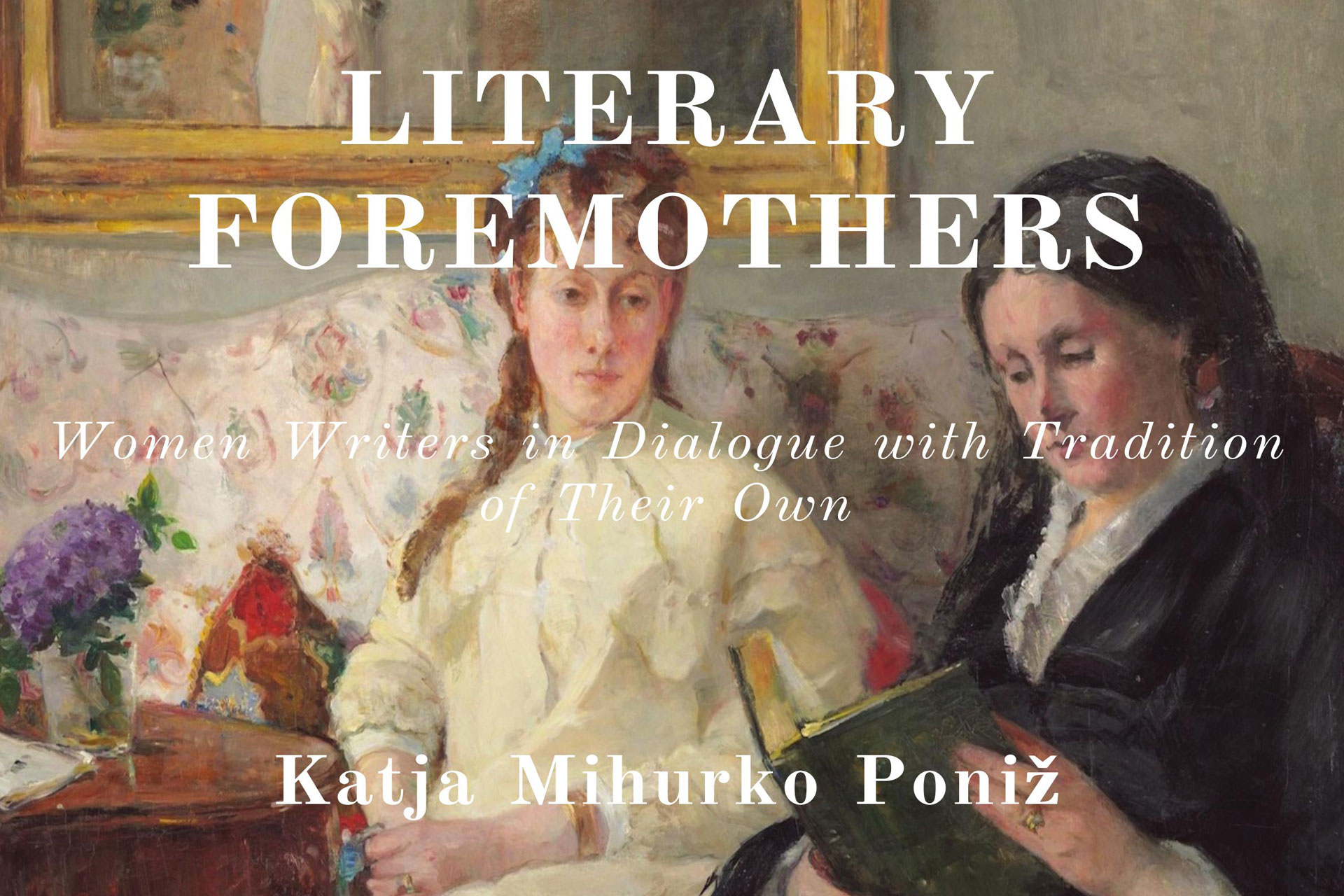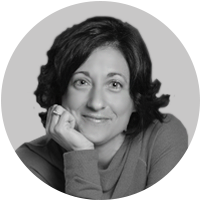
PROJECT
Meet Your Literary Formothers
The on-line course Meeting our foremothers will focus on the history of female authorship by developing students’ digital competence. It will do so with focus on the history of female authorship across Europe. The proposed project also aims to develop the competences of democracy and equality in education, especially the equality between women and men, which is one of the European Union’s founding values and, is also the United Nations Millennium goal (the “Strategic engagement for gender equality 2016-2019”).
Women’s literary history and Digital Humanities have to be closely related nowadays: digital libraries and data-bases allow us to rediscover important numbers of women authors, their written production as well as their reception. Consequently, we gain a better understanding of women’s roles, especially in the literary life of earlier periods. I see the possibility of achieving this goal in the field of literature through teaching and discussing the works of women writers, as such works very often touch upon the issue of women’s position in society.
The on-line course will be entitled Meeting our/your foremothers, as we have observed important numbers of women authors referring to female predecessors (Christine de Pizan being probably the earliest one. Different texts written by women writers (short stories, novels, poems, essays) which are touching upon the works of their literary ancestors or contemporaries will be presented and discussed in the course. It will be shown how this information can be stored and found in different databases and virtual research environments, especially in the VRE Women Writers in History (http://resources.huygens.knaw.nl/womenwriters). The case studies will be embedded in the wider historical context of the female literary authorship providing students with the knowledge from the literary history and leading to the comprehension of literature as the literary system.
In the course, new materials for teaching and learning will be developed based on the content of the NEWW Virtual Research environment, which enables access to the data about women writers to a wide international community interested in women writers. The materials developed in the project will enable a widest possible audience to think about constructions of gender in and through literature, and to comprehend a more realistic image of its shared cultural past.
Structure and content of the course
The course will consist of four parts. Materials for students will be prepared in the way that different topics (described below) will be discussed. The students will be attributed with different tasks: reading of the texts, searching for information, writing of essays etc.
Part 1
Why are women writers in history important? Who are our foremothers? A tool for discovering our foremothers: the NEWW VRE (video lecture about the tool).
Part 2
Christine de Pizan and her tracing of literary foremothers on the example of Sappho Video lecture about Christine de Pizan Materials about women writers/poets who were called “French”, “Russian”, “Polish” etc. Sappho and the problem of the “female” literary tradition
Part 3
English women writers about their foremothers: Austen, Eliot, Woolf Two video lectures about Austen and Woolf.
Part 4
Voices from other literatures: Laura Marholm’s Modern Women and the problem of the twofold reception: in author’s lifetime and afterwards. Why are our so many literary foremothers forgotten?
Video lecture: Case study: the reception of Marholm in Kveder’s Mistery of a Woman
This project, accordingly, will allow students not only to develop their digital but also their inter- cultural and interlingual literacy: the on-line and open access materials to be used in this project will be prepared in English.
Author

Katja Mihurko Poniž
Prof. Katja Mihurko Poniž holds PhD in Women Studies and Feminist Theory (University of Ljubljana). She teaches Slovenian literature and gender studies at School of Humanities, University of Nova Gorica. Her research interests include early Slovenian women writers, the history of women's movement in Habsburg monarchy and digital humanities. She is author of five books about Slovenian women writers and about reception of foreign women writers in the Slovenian literary field. She is also editor of five volumes of the critical edition of Collected Works of Zofka Kveder. She was a principle investigator in the project Travelling Texts 1790-1914: The Transnational Reception of Women’s Writing at the Fringes of Europe (HERA Call 2013). She is Science Communication Manager of the COST Action Distant Reading for the European Literary History and Chair of the DARIAH Working Group Women Writers in History. In her spare time, she writes Wikipedia articles about female artists.
Mentor

Robin DeRosa
Robin DeRosa is the director of the Open Learning & Teaching Collaborative at Plymouth State University in New Hampshire. She is an advocate for open, public architectures and pedagogies for learning, and works to build large-scale collaborations to improve access to higher education. Robin has worked with many colleges and universities on student-centered digital learning and OER initiatives.
